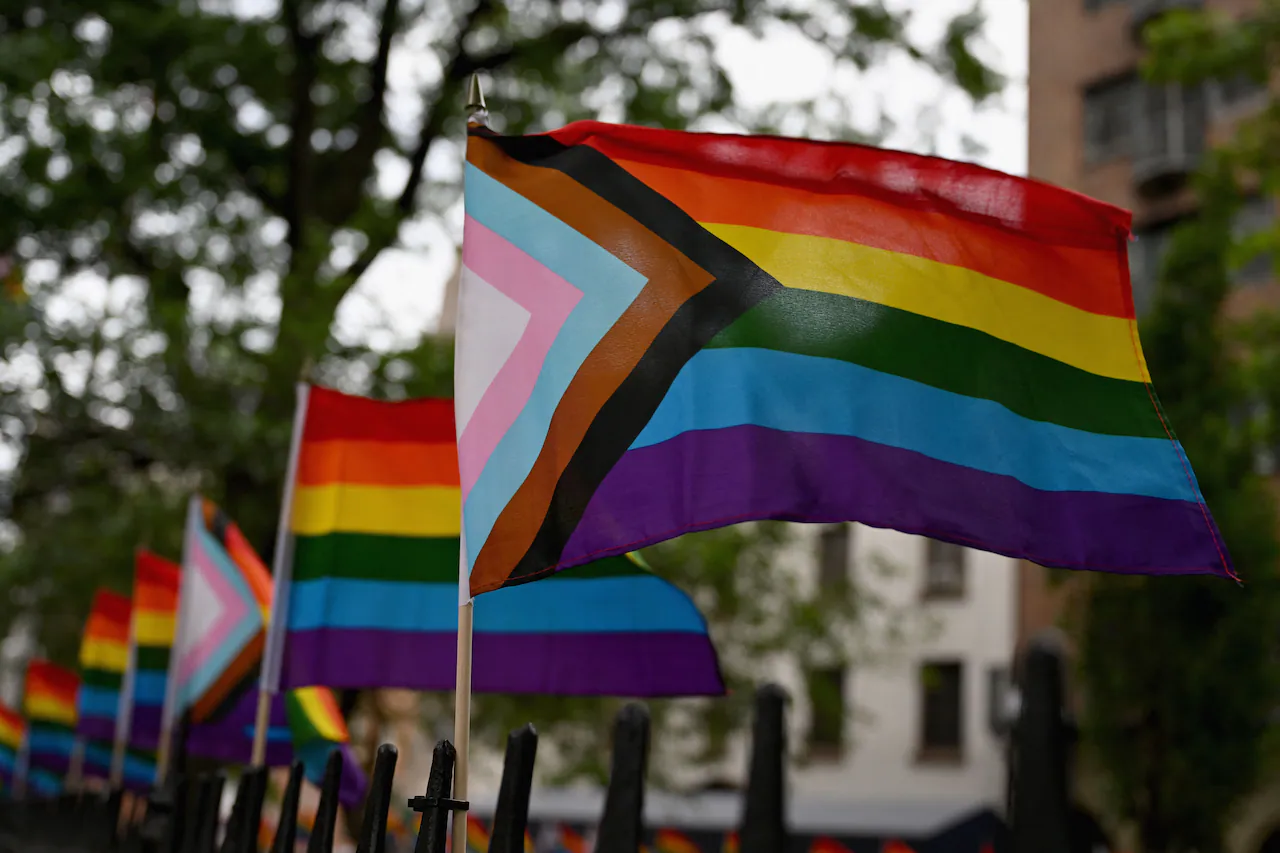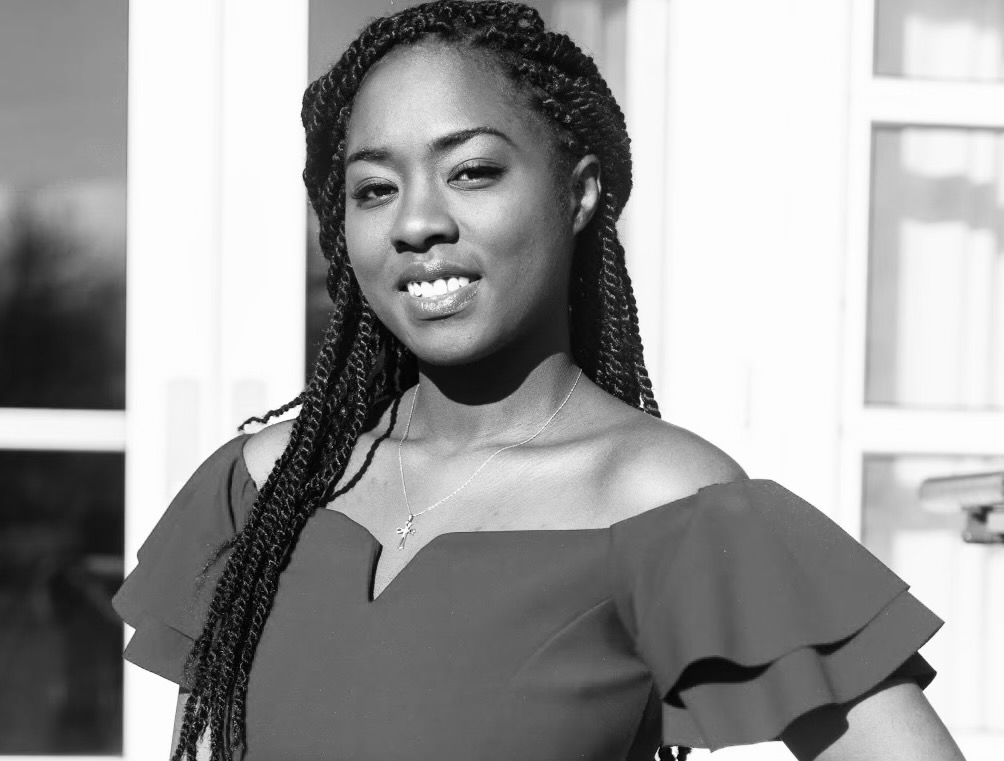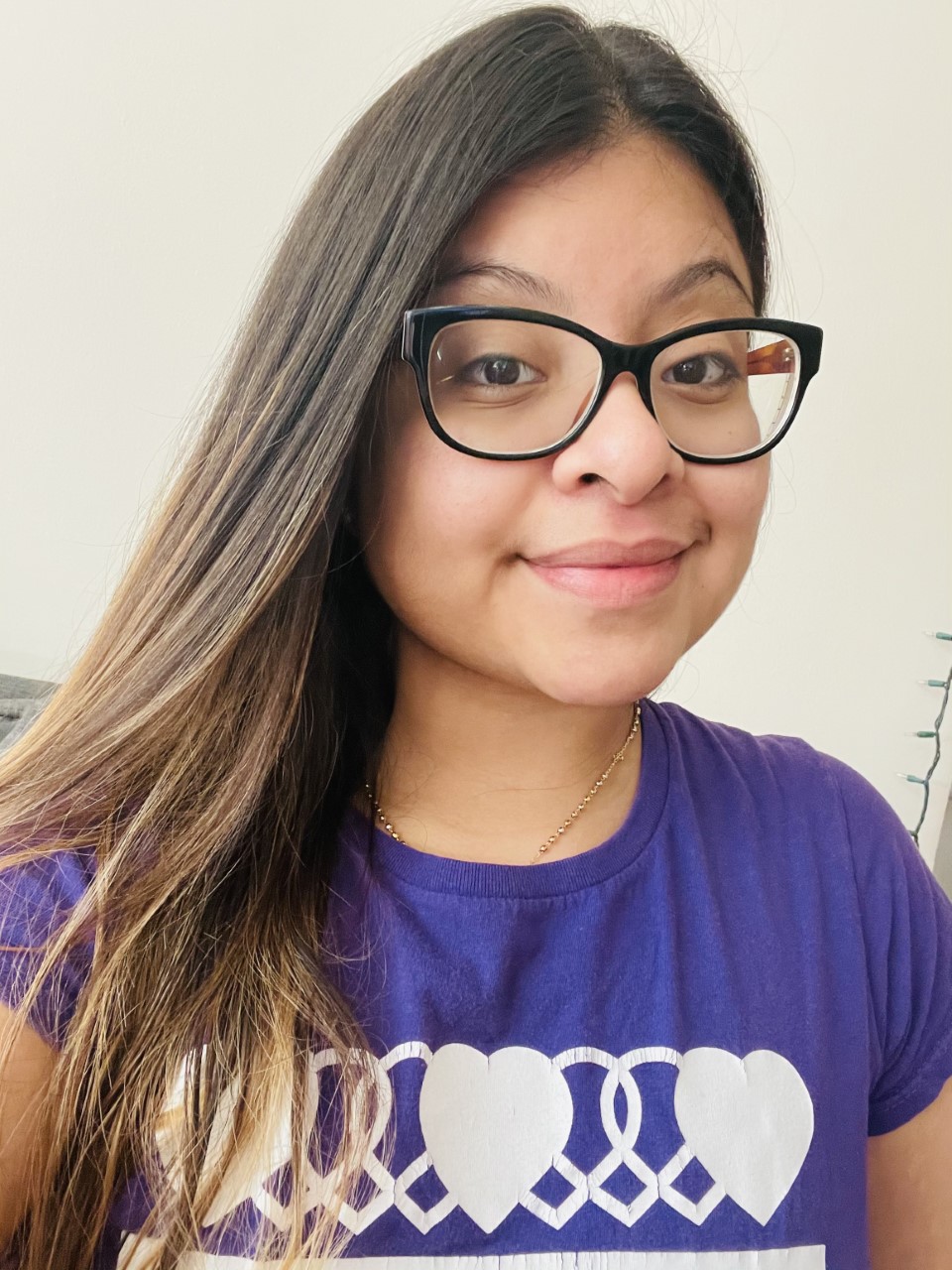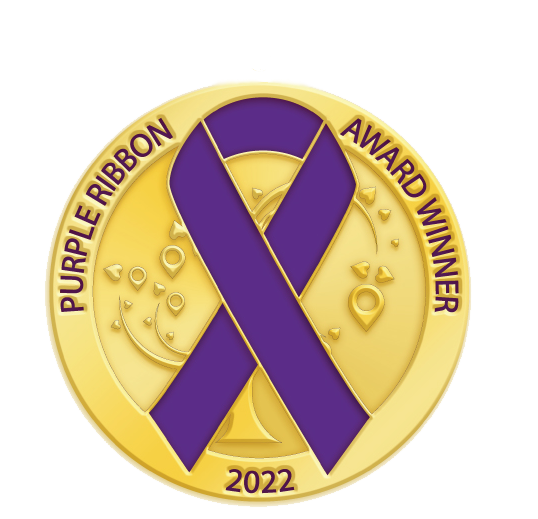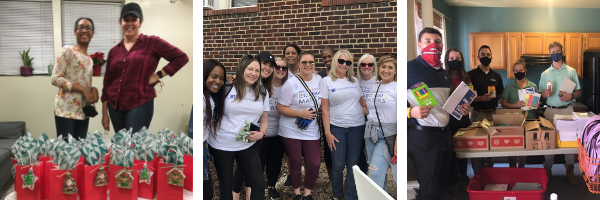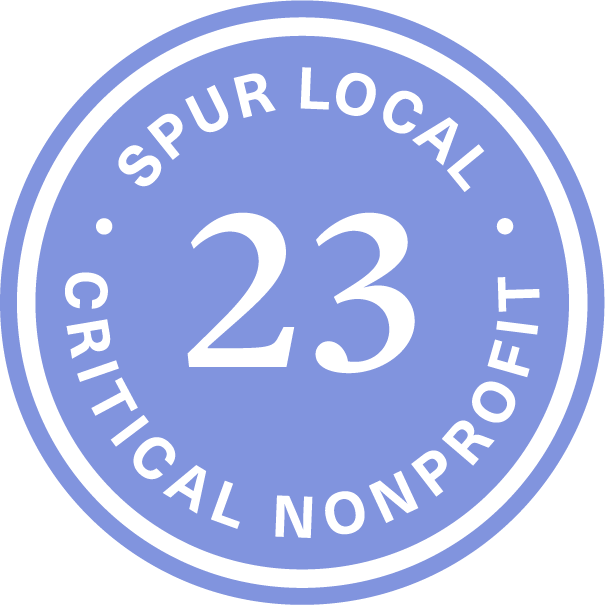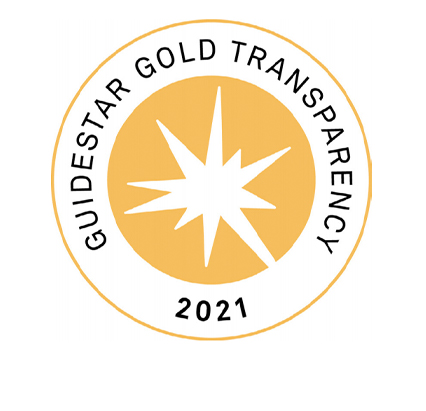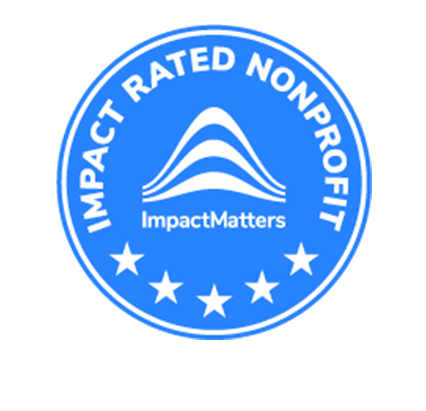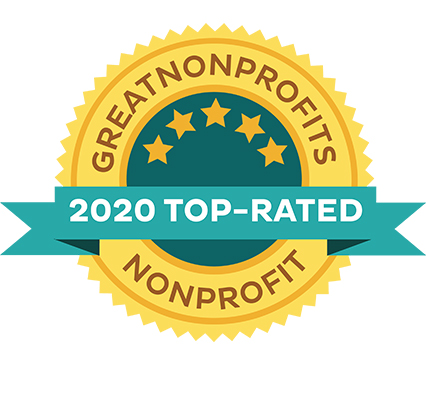Domestic Violence does not discriminate in all types of relationships. In fact, LGBTQ+ and heterosexual couples can experience the same rate of domestic violence (VAWnet). Unique challenges some queer survivors face include the threat that no one will believe them because of their identity. During Pride Month, it is important to highlight the resources DASH and other D.C.-based organizations in the area provide for queer survivors.
DASH is an inclusive space for all survivors. We make it a priority to highlight the availability of our services to members of the LGBTQ+ community. DASH also ensures that families can stay together in the same unit, regardless of the gender identity or sexual orientation of their children.
Here are other LGBTQ+ organizations in the area that can support you:
The DC Center for the LGBT Community offers social peer groups and community resources in DC.
SMYAL is the largest LGBTQ youth housing provider in the DMV region. In addition to providing housing, their programs support residents with case management, food, and mental health resources.
The Wanda Alston Foundation specifically provides transitional housing to LQBTQ+ youth aged 18 to 24 in all eight wards of DC.
Remember: You cannot be denied government housing services because of your sexual orientation or gender identity. If you have experienced housing discrimination for these reasons, please contact the Washington Legal Clinic for the Homeless or the Equal Rights Center.
It’s also important to note that discrimination based on gender identity or expression is illegal in D.C., which means that any of the housing options available to female survivors are legally available to those who identify as women.
To learn more about safe housing resources for the LGBTQ+ community, call our intake line at 202-290-2356. There is no need to feel ashamed to ask for help because you are in a queer relationship.
Everyone deserves to be in healthy, loving relationships.

